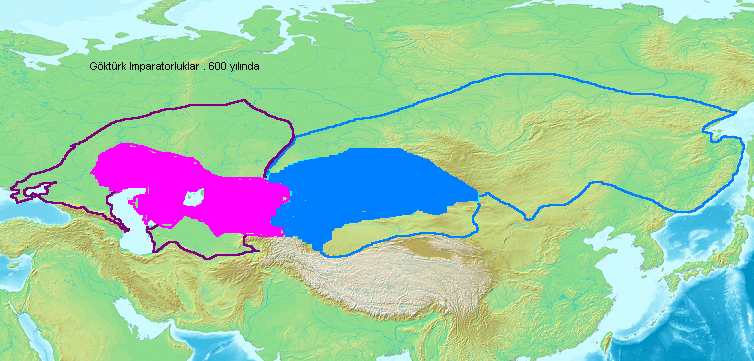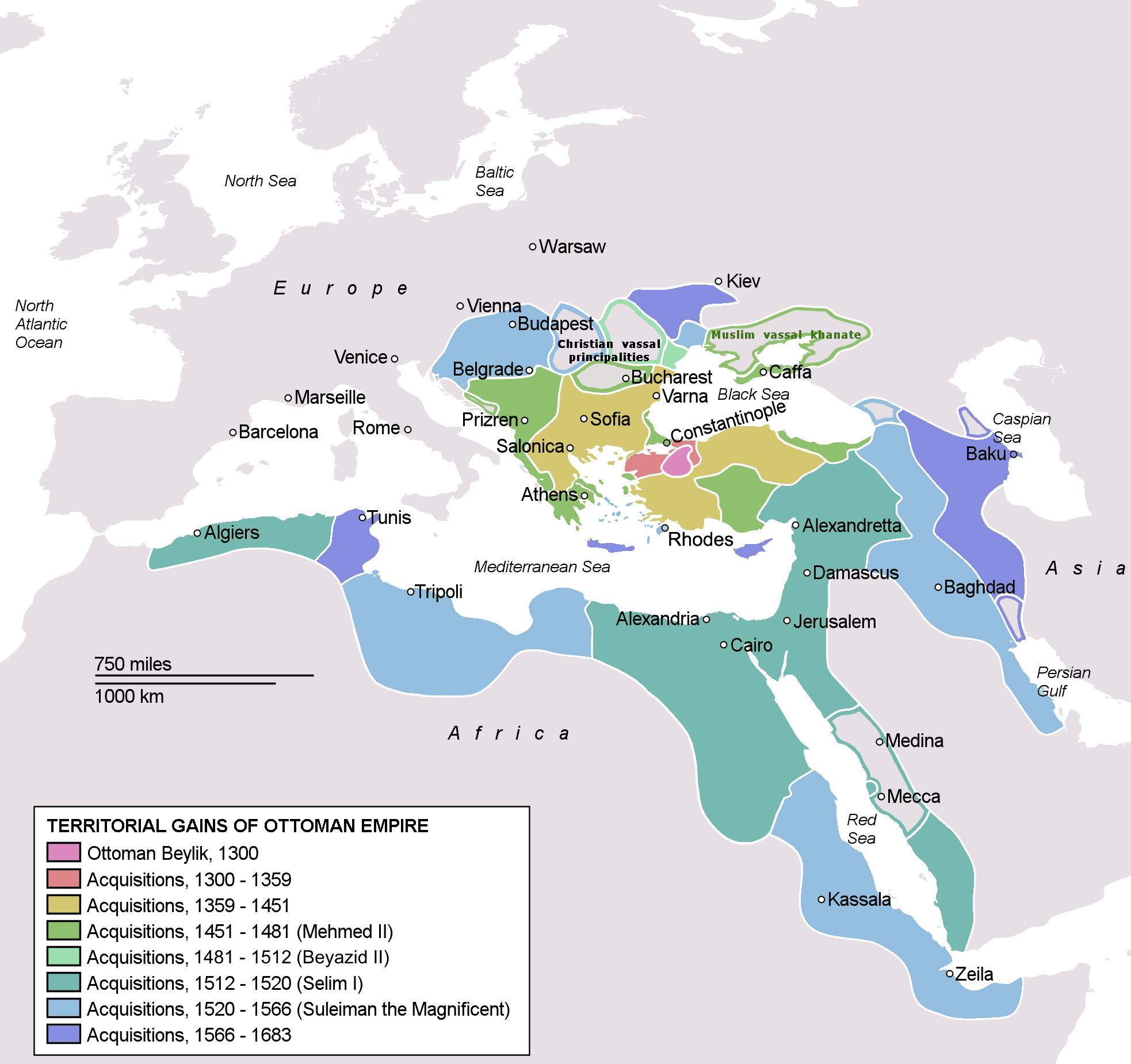The short answer is that it is going to be very difficult to wank the Ottomans in 1912.
First, their European border was very long and had two centers of gravity (Macedonia in the west, Thrace in the east), between which communications were almost impossible once the single railroad was severed. They were essentially fighting on four fronts with no interior lines of communication.
Second, the 1911 war with Italy had seriously drawn down war stocks of all kinds -- artillery and small arms ammunition, weapons, etc. The entire Ottoman army had 713,000 rifles when it required 1,092,000! Total artillery stockage was about 620 rounds per gun.
Third, the Ottoman transportation system was horrible, resulting in mobilization going far too slowly. On the 20th day of mobilization, the Eastern Army had received only 132 of the required 247 trainloads of men and equipment, and was short many thousands of horses; it went to war with about half its authorized combat infantry strength. The Western Army was in the same shape; V Corps alone was short about 20,000 (!) soldiers, meaning it was only at 40% authorized strength. Only three Corps in Europe had their complete (already inadequate) artillery complements. The transportation corps was short 47,000 draft animals. The Ottomans needed at least fifty days for proper mobilization; they actually got thirty.
Fourth, something like twelve complete regular regiments from the armies in Europe were deployed various places (as far away as the Hijaz) fighting bandits. That's essentially two corps worth of fighting troops. Many of the units which were present for combat had a platoon, company, or battalion deployed elsewhere.
Fifth, the recent growth of Greek naval power resulted in one entire Corps (XV Corps) being removed from the Eastern Army's order of battle in order to guard the Dardanelles from seaborne invasion; a second complete corps of reservists from Anatolia (XVI Provisional ) didn't arrive in time for the early battles, due to the danger of shipping it by sea. At least one additional regular division (6th Nizam) was retained in garrison in SW Anatolia to likewise guard against invasion. The flow of reserve divisions and individual replacements from other parts of the empire (the Western Army needed 40,000 individual infantrymen from Anatolia) was greatly slowed or even stopped.
Altogether, between slow mobilization, anti-banditry deployments, and difficulty of movement by sea, the Eastern Army started the war with about 450,000 of the expected 750,000 men. The Western Army had perhaps 200,000 of a planned 500,000.
Sixth, the equipment of the entire army was poor, with few machine guns, many outdated artillery pieces, and the reserve (Redif) divisions lacking even modern small arms.
Seventh, most Redif divisions proved insufficiently trained for modern warfare. Even the regular divisions were badly trained: all four regular army corps of Eastern Army reported that 60 percent of their soldiers were poorly trained and unfamiliar with their rifles -- and remember, that's 60 percent of the ones actually available, which itself is only about half of the ones originally planned for!
Eighth, while the Ottoman senior commanders had imbibed German operational ideas, they failed utterly to understand troop-to-task realities, resulting in them squandering their formations in head-on attacks against superior forces in an effort to achieve an encirclement battle, when they would've done much better standing on the tactical defensive.
So in order to do very much better, you need at least three or four of the following: Greek naval power reduced; no 1911 war with Italy; comprehensive transport infrastructure improvements; a more stable domestic situation (no banditry); comprehensive (and expensive) updating of weaponry for both the regular and reserve armies; considerably better training; a High Command with a better grasp of the realities of combat; and probably a willingness to largely abandon the western region in order to consolidate forces in the east.
I reckon this would require multiple early PODs, and seems implausible anyway, given the condition of the Ottoman state in this period. They just don't have the resources.
Or, of course, you need their opponents to be significantly reduced in strength or unity of purpose.
The easiest thing to do would be to have the Greek cruiser Averof blow up, strike a rock, or suffer a catastrophic engineering casualty in about early Sep 1912. The Averof was the most powerful ship in either fleet, and its presence was the main threat to Ottoman sea lines of communication; if it is inoperational, the Ottomans can feel assured of at least naval parity, and probably slight superiority. This would permit transportation of XVI Provisional Corps from Anatolia, and free XV Corps from guarding the Dardanelles; it would also allow the maximum shipment of individual replacements from the rest of the empire (though how many will arrive in time for the opening battles is uncertain). But all this together won't radically change the course of the war.
Source: Defeat in Detail: the Ottoman Army in the Balkans, 1912-1913 by Edward J. Erickson. I highly recommend it. For one thing, it contains the complete expected, and actual, Ottoman orders of battle.


